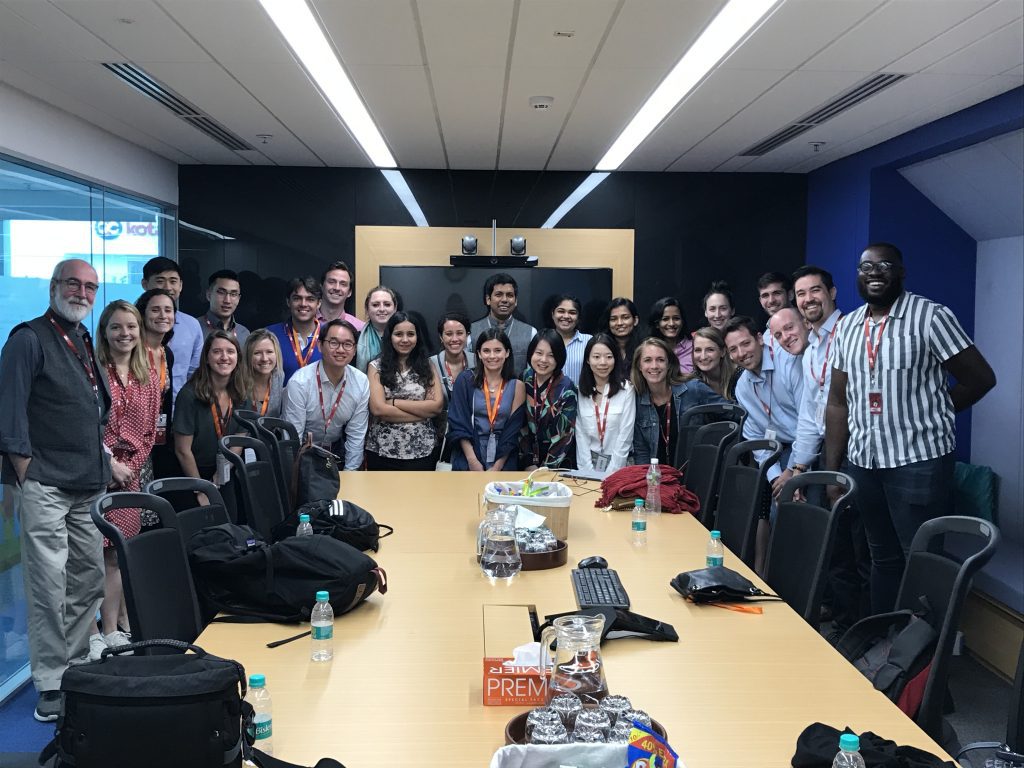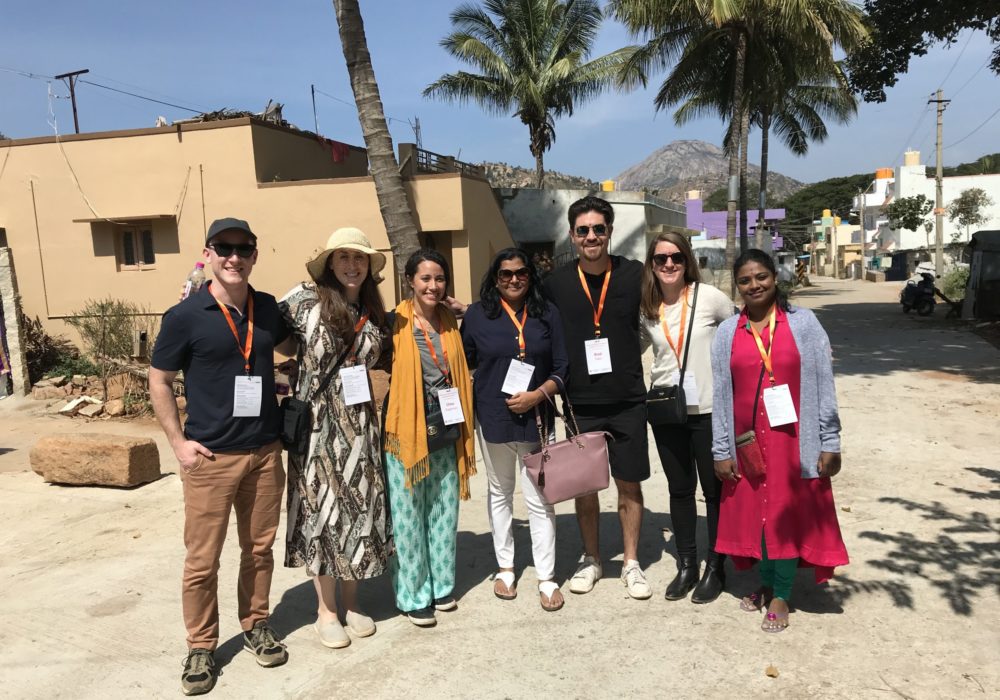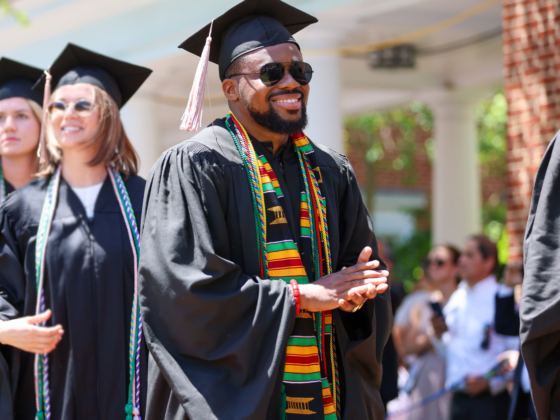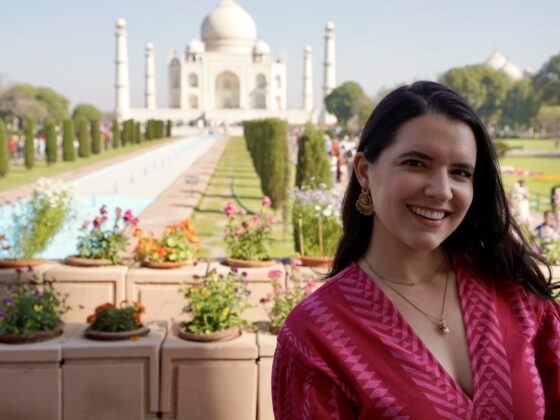Brad Takei (third from right in the above photo taken in Nandi village) recently returned from the Darden Worldwide Course to India, which focused on Solving Tough Challenges in Business and Society. Brad is currently in his second year student at Darden and will begin his career in consulting following graduation in May. Brad shared some reflections from his recent time in Bangalore and Mumbai, in his own words:
This Darden Worldwide Course was an awesome introduction to India. Since I had never been to India before I was struck by three things 1) the huge number of people living in poverty 2) the significant economic potential of the country 3) the immense cultural diversity between regions and people.
On the first day, we heard from some interesting speakers, including a physician who invented a low-cost medical device to help patients speak again after throat surgery. His approach that if you innovate for individuals, the market will form stuck with me. What I loved about this sentiment was that it counters how we traditionally think about product development from a business perspective. Another thing the doctor said was that, “Ideas come to you, not from you.” To me, this was a novel and humble way to approach the ideation process that I feel we can all benefit from in our professional careers.
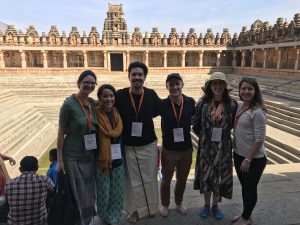
Our small group visits on the second day were also valuable. While I was impressed by the organization’s ability to run a retirement home, orphanage and battered women’s shelter out of the same facility, I left feeling exasperated by the huge unmet need in the rest of the city. The spokesperson shared that their facilities are maxed out and to meet the rest of the country’s needs they would need a hundred thousand more similar properties. This number left me speechless and wondering how India could possibly support all of its citizens.
That evening, I went out to dinner with some of my classmates. It was a set course meal and we received a number of dishes over the hour and half we were seated. As hungry Americans, we eagerly devoured each dish as it came out. Later were we told by the servers that we should have waited a bit and taken little mixed bites of each dish to combine the flavors. To me, this was a reminder of another the theme of the course, “be patient.” Different cultures have different eating styles.
In Mumbai, we had the opportunity to walk through and hear from citizens of Dharavi, one of Asia’s largest slums. To me, this may have been the most valuable experience. The slum was crowded and dirty but there was order among the relative chaos. I was shocked to learn that this was a relatively “good” slum. I was also surprised to see so much laundry, pots and other valuables sitting out. I would have expected more theft, especially if people are struggling to get by. Our guide explained how the neighborhood self-monitored and how residents look out for one another.
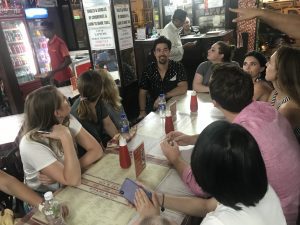
The street food tour was also a highlight of the course. I loved the cheap and delicious eats and learning about the history of some of the dishes. We also learned about the Portuguese origins of Mumbai and that the city itself is relatively young by Indian standards.
We also visited the CFA Institute in Mumbai and heard from Amit Chakarbarty (MBA ‘07) who conceptualized and started the CFA Young Women in Investment Initiative to help address the gender gap within finance in India. I felt that this was one of the most valuable sessions because we got to hear directly from some of the young women who completed the program and were now working in the investment industry. Hearing about their journeys reminded me that it is very difficult to change people’s minds (or cultures) quickly, and sometimes the best way to solve problems is to force your way in and allow time to change people’s minds. These young women weren’t trying to change the system all at once. They were using their access to change the environment slowly.
Overall, I found this course to be incredibly valuable in helping me to learn more about India, its government and it’s people, and how all the pieces are working together to make the country better. While India obviously faces some difficult hurdles (poverty, corruption, education, religious unrest), I left feeling optimistic. They are headed in the right direction.
